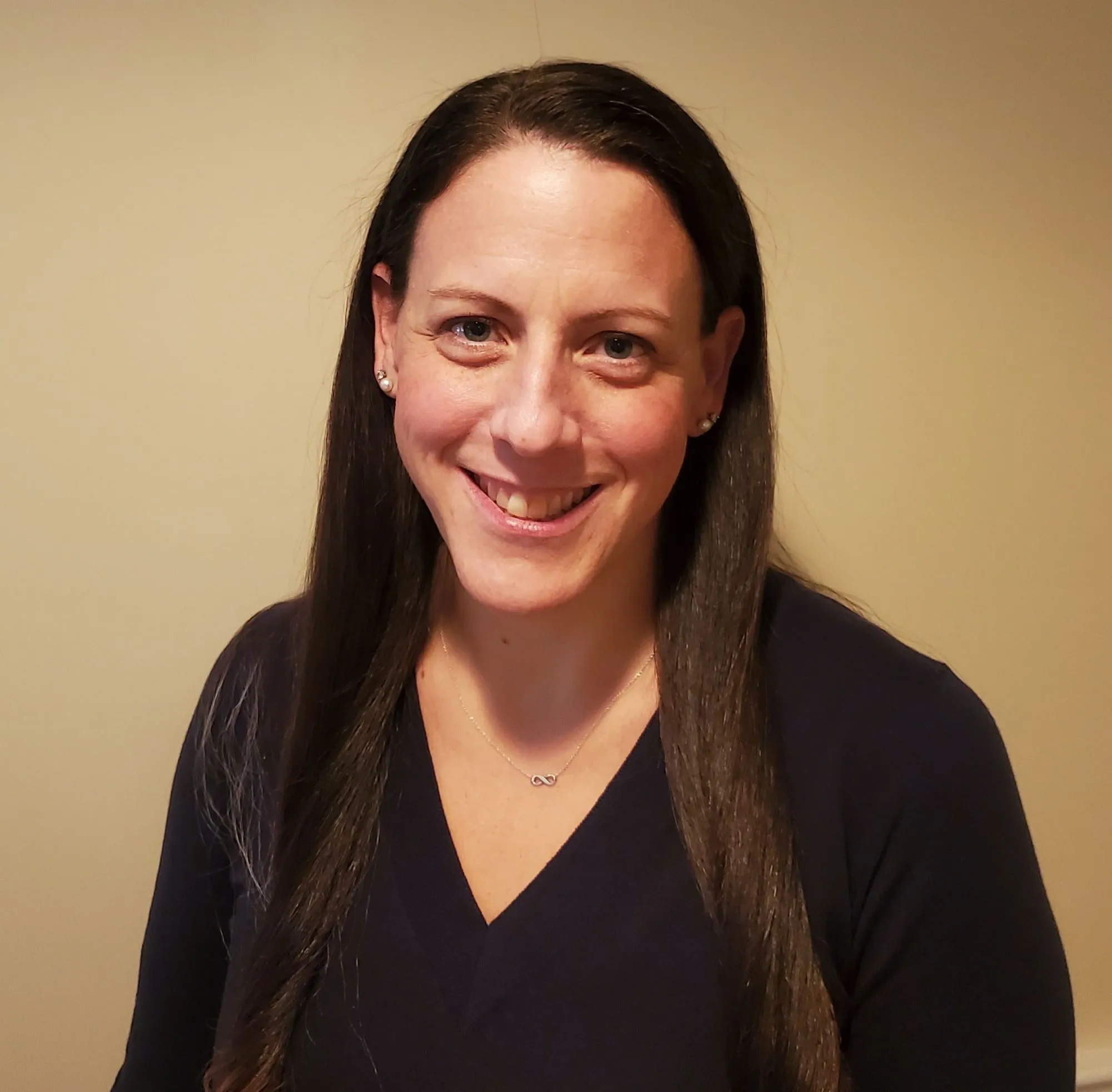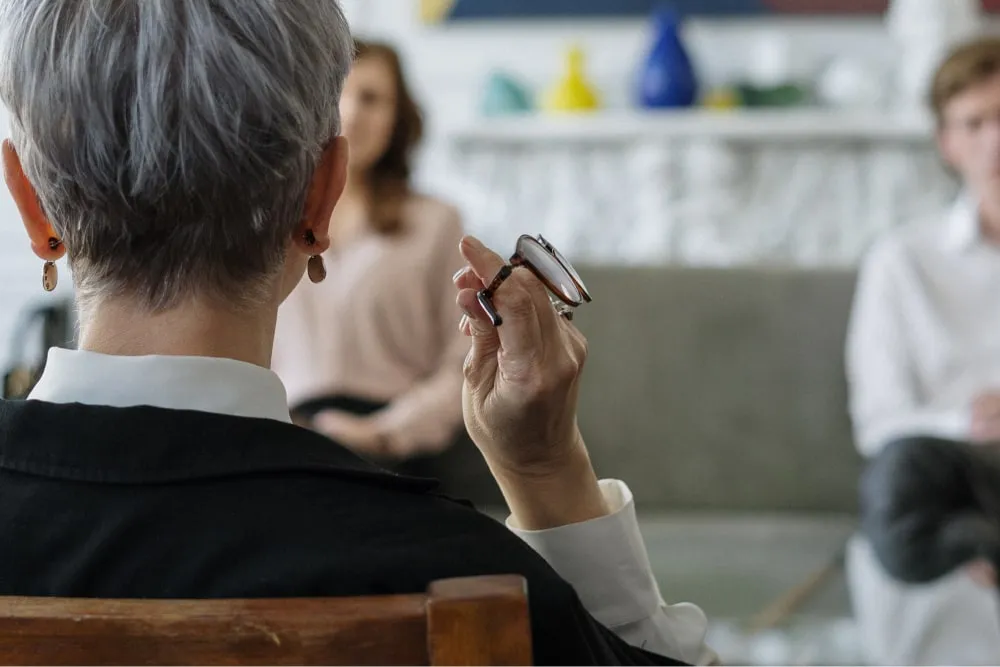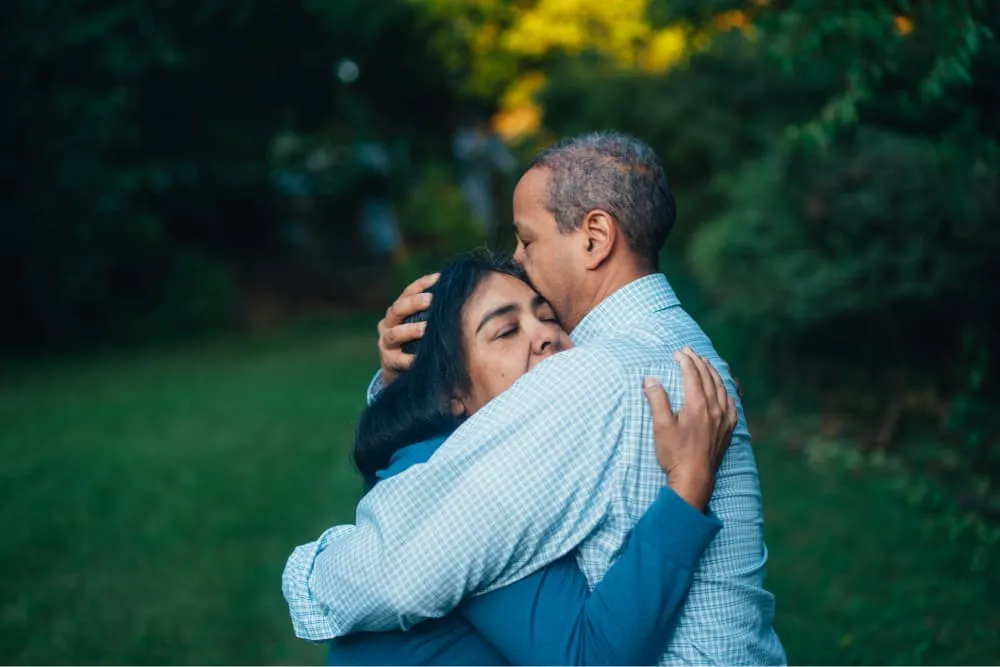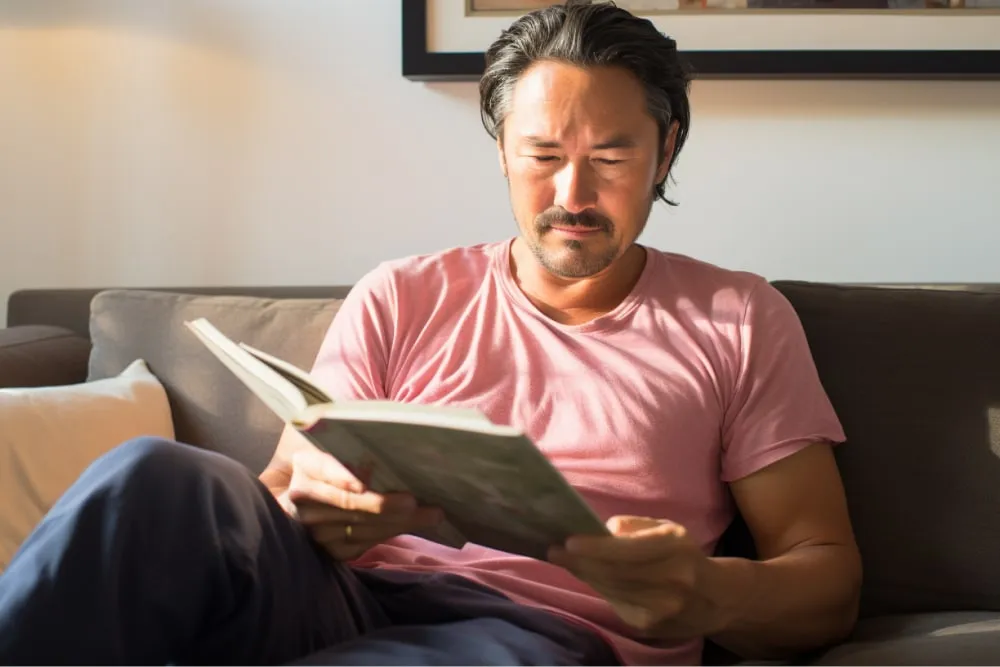How an eating disorder community can help
Humans are social beings who thrive on connections, camaraderie, collaboration, and shared experiences. Establishing these types of connections has been found to help people maintain long-term recovery from complex illnesses like alcohol use disorder.2
Community is an integral part of eating disorder recovery, as well. Participating in support groups and other collaborative atmospheres can help give people a shared language to foster understanding and healing. It may also be the first time someone feels seen or heard about their specific struggles with body image, low self-esteem, self-acceptance, stigma, and other issues.
Being surrounded by people who understand each other’s challenges and struggles can help combat feelings of alienation, isolation, and loneliness. It can also be helpful to participate in groups that don't focus on eating disorder symptoms per se. For example, volunteering for a cause one feels strongly about can help imbue them with a sense of purpose and positive self-esteem.
Although the benefits of community are countless, here are three major advantages of having a support system during eating disorder recovery.1
A remote program tailored to you

Online therapy sessions

Meal kit deliveries

Remote vitals monitoring
We will help get the most out of your insurance.
Build a sense of purpose
An eating disorder community can provide recovering individuals with a sense of purpose through shared accountability. Community members build bonds with each other, which can motivate someone to keep going, even when things get hard.2 It ties their experience to something bigger than themselves, which helps many people reevaluate their actions or the consequences of their choices.
Similarly, people have different strengths that can be offered to a recovery group. Whether actively listening, being an accountability buddy, or just helping people feel comforted and supported, these qualities can be cultivated and fostered by group participation, helping people feel like they're making a tangible difference and feeling better about themselves.
Receive and provide support
Isolation often accompanies eating disorders such as anorexia nervosa, bulimia nervosa, or binge eating disorder. Studies have connected loneliness and the severity of disordered eating behaviors in individuals.3
When an individual is a member of an eating disorder community, they have people they can turn to in times of need—whether they want to vent, need advice, are asking for a favor, or are seeking someone who can relate.
Receiving support can help those recovering from an eating disorder feel cared for and loved. Supporting others can also help them flex their accountability muscles, connect them to a broader sense of purpose, or feel good for helping a fellow community member.
Foster a feeling of belonging
Eating disorders thrive in the dark, allowing someone to hide the extent of their behavior and perpetuating the idea that they're struggling alone. Someone in isolation also often has no outlets to air their concerns, allowing issues to compound and add to stress.
A community offers a sense of belonging for people who likely felt like they didn’t fit in, felt shame, or were disconnected from others. In an eating disorder community, everyone identifies as being a part of that group, which can make people feel accepted and connected to others and can help reduce feelings of shame.
People are free to be authentic within a supportive community without fear of being judged, shamed, or shunned. And airing things out with a group can help someone gain a new perspective, which is an integral part of recovery.
How to build an eating disorder community
Finding peer support during eating disorder recovery is often thought of as an integral part of someone's recovery plan.
Your treatment team or care provider should be able to offer you information about where to find support groups, group therapy programs, or other avenues for building a recovery community.
However, there are some ways these groups can be beneficial for those with specific eating disorders and related concerns.
Binge eating disorder community
Binge eating disorder (BED) involves consistent binge eating episodes, during which someone eats a much larger amount of food than they normally would over a certain period of time.
Many people who struggle with this condition also struggle with guilt and shame around their eating behaviors. Sharing those feelings with others in a binge eating disorder community can be a particularly powerful way to help aid recovery.
Anorexia community
Individuals who struggle with anorexia nervosa (AN) generally struggle significantly with their self-worth and body image.
Participating in an anorexia community can help them see that others with the condition are as worthy of love, which can help them internalize those feelings for themself. They can also learn to start separating their sense of self-worth from their appearance and focus on other aspects of their character and personality as sources of pride.
Bulimia community
Bulimia nervosa (BN) involves cycles of binge eating and compensatory behavior, such as self-induced vomiting, laxative misuse, or excessive exercise. While someone's weight can fluctuate while they struggle with BN, these vacillating cycles can also make it easier to maintain the same weight and mask the truth of the eating disorder.
With an eating disorder community around them, someone with bulimia nervosa can feel more comfortable sharing the truth of their thoughts and behaviors and work to fight the secrecy and isolation that can fuel disordered actions.
How we foster community at Within Health
At Within Health, we understand the importance of community during the recovery journey and encourage and prioritize new relationships. Our virtual care program aims to foster the same camaraderie and interconnectedness patients receive at an in-person facility but from the comfort of the patient’s home.
Many virtual care programs for eating disorders offer individual sessions with various providers, such as therapists and nurses, without emphasizing group sessions and community. Conversely, Within Health prioritizes a milieu, or treatment space in which patients feel they are a part of something. Care through our program is integrated, comprehensive, and community-oriented.
We provide many opportunities to form new bonds and connections, such as:
- Group meals focusing on connection, sharing in the healing journey, reestablishing the enjoyment of eating, and mindfulness
- Evidence-based group psychotherapy, such as dialectical behavioral therapy, cognitive behavioral therapy, and family therapy
- Weekly alumni support meetings for patients who have completed the program and want continued support in a safe space
Forming a bond with a care partner
Patients also work closely with a care partner or mentor within their eating disorder program who provides encouragement, support, and guidance. A care partner is there to help patients implement behavioral changes they need to recover from an eating disorder. Other benefits of a care partner include helping:
- Ground clients during stressful or triggering moments
- Working on experiential opportunities where clients can put into practice the new action items they want to work on during treatment
- Improve interpersonal effectiveness and ability to attend to relationships
- Develop clarification around values and treatment goals
- Prioritize how the client spends each day
- Execute recovery plans, including cooking, meal prep, and other self-care practices
- Provide support when clients need a check-in
Ongoing support through our alumni program
When patients complete our treatment program, we remain in contact with them for as long as they wish. Recovery is a lifelong process, and it’s important to us that we are still there for our patients after treatment ends.
Patients are also invited to participate in our free, ongoing alumni support group, which meets weekly.
Attending an alumni support group allows patients to continue building upon relationships they developed during eating disorder treatment. Members of this group can share relapse prevention tips and coping strategies and celebrate victories.























































